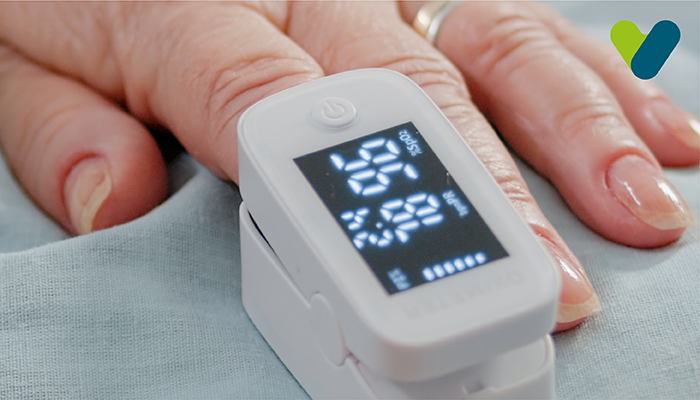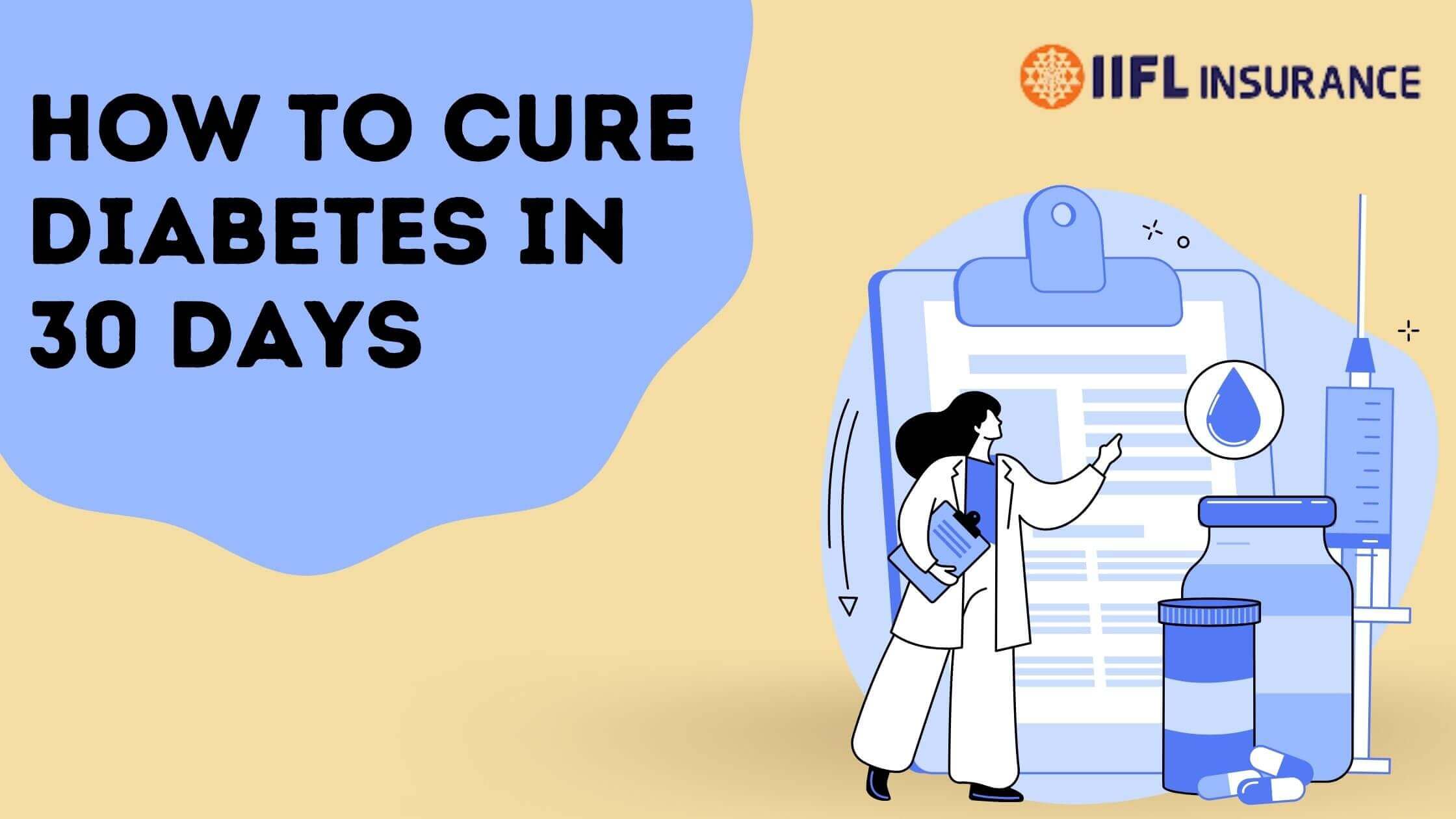What is Borderline Diabetes?
Borderline diabetes is also called prediabetes in which the blood glucose level is more than normal, sufficiently but not high enough to term the patient diabetic. It is also known as impaired glucose tolerance. During the borderline diabetes phase, the pancreas builds enough insulin to ingest carbohydrates.At removing the sugar the insulin is less effective from the bloodstream, though, blood sugar remains high. This condition is called insulin resistance. People with borderline diabetes have a much greater risk of diabetes than someone with normal blood sugar levels.
Borderline Diabetes Risk Factors
Here are the risk factors that can increase your chances of developing borderline diabetes:- Overweight or obese
- Inactive
- Unhealthy diet
- High blood pressure
- High cholesterol
- Having type 2 diabetes with a close family member
- Giving birth to a baby more than 9 pounds weight
Determining If You Have Borderline Diabetes
Prediabetes is a condition where a regular wellness checkup is beneficial for early detection. Concern your doctor if you think you might have borderline diabetes.They'll perform a hemoglobin A1c (HbA1c) test or oral glucose tolerance test (OGTT) if your doctor is concerned you may have prediabetes.
Over two to three months HbA1c is a sign of your blood sugar patterns, so it’s better to picture than a single fasting blood sugar check. An HbA1c level between 5.7 and 6.4 shows prediabetes.
What Causes Borderline Diabetes?
Both genetics and lifestyle influence the risk for borderline diabetes. Here are some non-modifiable risk factors, or risk factors that you cannot do anything about.- Older age
- Family history
- Being overweight
- Physically inactive
- Eating red meat and added sugars
- Having vegetables, whole grains, and healthy fats such as olive oil and nuts
Treatment for Borderline Diabetes
The condition is usually very treatable while treatment of borderline diabetes can be irritating. Lifestyle changes can reduce the risk for diabetes by well over 50% in most cases Here are the steps to take include:- Losing weight
- Increasing physical activity
- Improving diet
- Managing stress
- Getting more sleep
Complications of Borderline Diabetes
Especially if they’re left untreated, high blood glucose levels can influence other systems in your body. This can occur with a variety of health risks and chronic health conditions. For example, uncontrolled diabetes can lead to:- Vision loss
- Hypertension
- Nerve damage
- High blood pressure
- High Cholesterol
- Kidney damage
- Amputations
- Cardiovascular disease
Signs and Symptoms Of Borderline Diabetes
Borderline diabetes does not have signs or symptoms but some people are not aware that they have it. Take a look at the symptoms of borderline diabetes such as:- Tiredness
- Low energy levels
- Feeling frequently thirsty
- Blurred vision
- Toes becoming numb
- Loss of muscle bulk
- Genital itching, and
- frequent urination.
What Is The Difference Between Borderline Diabetes and Type 2 Diabetes?
- Borderline diabetes arises when there is high sugar (glucose) in the blood. It is a sign that the body has more sugar in the blood than it can use.
- Type 2 diabetes is a condition that arises slowly over time. The pancreas cannot make enough insulin to control the increased need to move sugar into the cells for energy. Medication and lifestyle changes are important to control blood sugar levels and avoid diabetes complications.
- Type 1 diabetes is different from auto-immune attacks on the pancreas.
How is Borderline Diabetes Diagnosed?
Your healthcare provider will take a blood test for borderline diabetes. You should have:- A fasting plasma glucose test provides your blood after you have fasted for eight hours.
- A1C test provides the average blood glucose level over the past two to three months.
- Your fasting plasma glucose test result lies between 100 to 125 mg/dL (normal is <100; diabetes is 126 or higher).
- Your A1c test lies between 5.7% to 6.4% mg/dL (normal is < 5.7%); diabetes is 6.5% or higher).
Borderline Diabetes Prevention
Exercising and eating healthy foods low in carbohydrates, sugars, fats, and salt can also prevent borderline diabetes. Other tips include:- Eat healthy foods
- Do Aerobic physical activity at least 150 minutes of a week or about 30 minutes on most days of the week
- Lose excess weight
- Maintain your blood pressure and cholesterol
- Don't smoke
Conclusion
Prediabetes is a condition in which blood sugar levels are high but not high enough to be considered diabetes. If you're at high risk it’s important to consult your healthcare provider about getting regular blood tests, including an A1C test, especially.Losing weight and exercising can control your blood sugar levels back to a healthy range. Ask your healthcare provider about how you can prevent or delay borderline diabetes.


